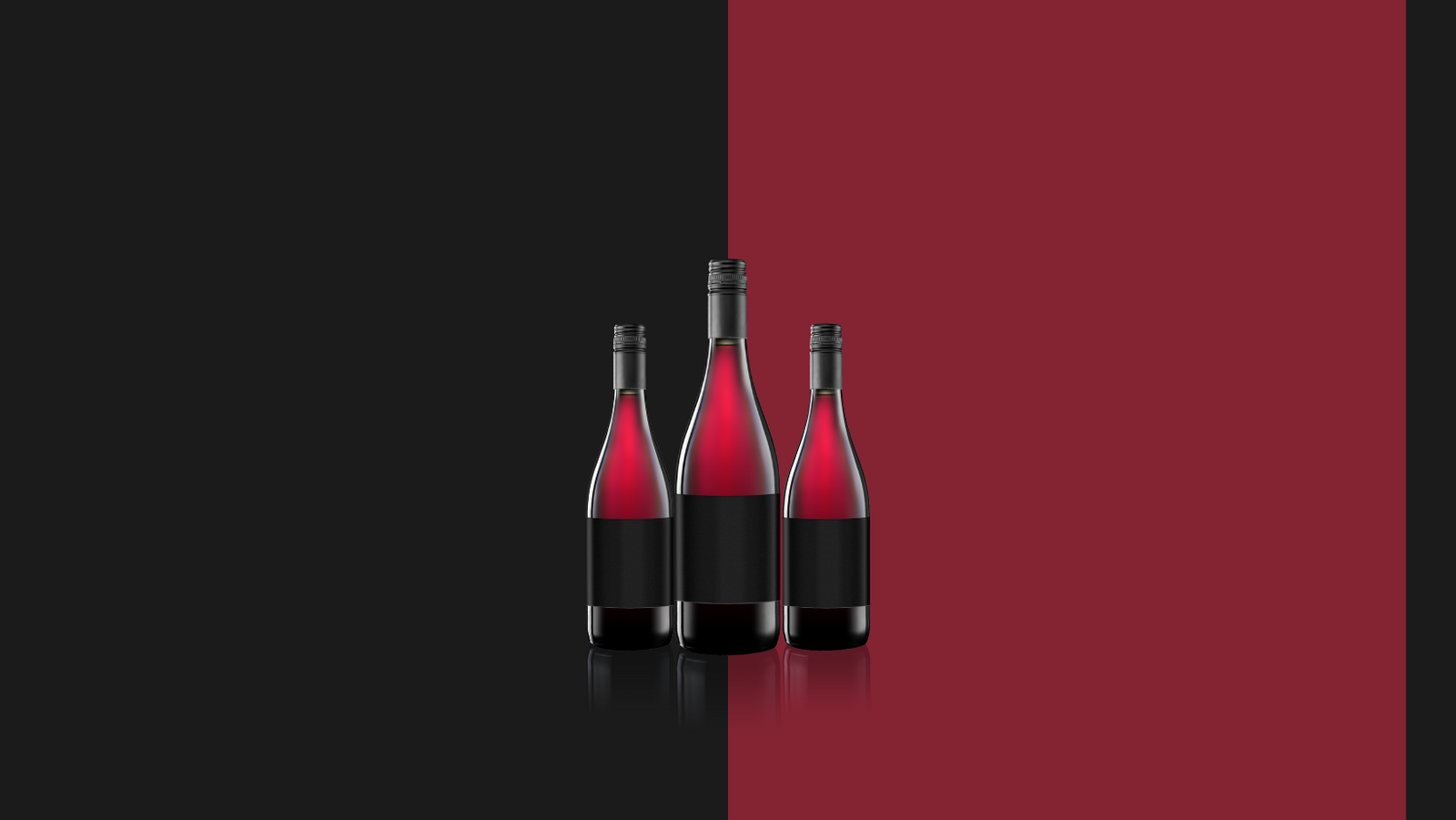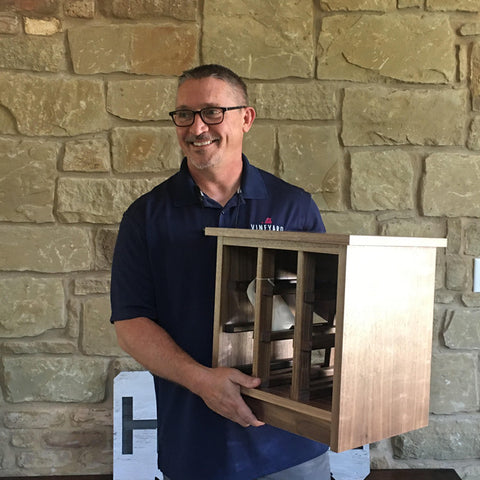It's a common question that many wine drinkers face: How long can I store wine at room temperature? The most straightforward answer is that you can store wine at room temperature for about 6 months if stored well and kept away from too much light.
When it comes to opened or exposed bottles, things can get a bit more complicated.
For most opened wine bottles, the rule of thumb is that you can keep them at room temperature for 3-5 days. But this will vary depending on the type of wine, as well as how it was stored before being opened.
For example, red wines are generally more robust and can last longer than white wines. And if a bottle of wine is kept in a cool, dark place before being opened, it will usually last longer than a bottle that was stored in a warmer, brighter place.
So if you're not sure how long an opened bottle of wine will last, it's best to err on the side of caution and drink it within a few days.
What temperature ruins wine?
The aging rate of wine doubles for every increase of 18°F (-7°C) in temperature.
At 68°F (20°C), you are helping the wine age faster, but at 70°F (21°C), the heat can reduce the quality or damage the wine.
The wrong temperature can ruin wine because it causes the wine to expand and contract too much, which can allow oxygen to enter the bottle.
How to know if the wine has been damaged?
During oxidation, white wine becomes brownish and red wine turns russet – a dark brown color with a red-orange tinge.
Stale wine is noted to have a distinct nutty flavor, and other damaged wines would smell like vinegar.
Though there are no potential threats to drinking oxidized wine, the experience will not be pleasant. It will be like drinking vinegar as it will have a sharp and sour taste.
3 Tips for Storing Open Wine Bottles

Depending on the type of wine, an opened bottle can last for three to five days when stored properly. Here are three tips you can take into account to make sure your wine stays fresh:
Tip #1: Avoid exposing the wine to oxygen
Once a bottle of wine is open, it starts to oxidize. This means that the air causes the wine to change in flavor and aroma. To prevent this from happening, you need to minimize the amount of oxygen that comes in contact with the wine.
One way to do this is to pour the wine into a smaller container, like a decanter or wine carafe. This will help to limit the amount of air that comes in contact with the wine.
Another way to prevent oxidation is to re-seal the wine bottle with a wine stopper or vacuum pump. This will help to remove the air from the bottle and keep the wine fresh for longer.
Tip #2: Store the wine in a cool, dark place
Wine should be stored in a cool, dark place to help prevent it from going bad. The ideal storage temperature for wine is between 50 and 59 degrees Fahrenheit.
If you don't have a dedicated wine fridge, you can store your wine in a regular kitchen fridge. Just make sure to keep it towards the back where it's darkest and coolest.
Tip #3: Don't store the wine for too long
Even if you're taking all the proper precautions, an opened bottle of wine will only last for 3-5 days. So if you're not planning on drinking it within that time frame, it's best to just buy a new bottle.
Following the above storage tips, an opened bottle of wine can last for 3-5 days.
Other Frequently Asked Questions about Storing Wine

1. How long does unopened wine last at room temperature?
Unopened wine can last for months or even years when stored properly. The key is to find a cool, dark place with consistent temperatures. Cellars and basements are ideal for storing wine, but any cool closet or pantry will work as well.
2. Is it bad to store wine in the fridge?
No, it's not bad to store wine in the fridge. In fact, many people prefer to store their white wines and sparkling wines in the fridge to help keep them cool. Just be sure to take the wine out of the fridge a few hours before you plan on drinking it so it can reach room temperature.
3. Can I store wine in the freezer?
Yes, you can store wine in the freezer, but it's crucial to remember that its character may change, making it less suitable for direct consumption after thawing. Freezing wine in ice cube trays allows for convenient, pre-measured portions ideal for cooking and crafting wine coolers or sangrias. However, avoid freezing wine in its original bottle to prevent the potential risk of the glass breaking.
4. Why is my wine cloudy?
Cloudiness in wine often indicates a quality issue or improper storage. It can result from temperature fluctuations or the presence of proteins and tartrates. To avoid this, ensure consistent storage conditions and consume within the recommended timeframe.
5. Why is my wine fizzy?
Wine can turn fizzy from unintentional second fermentation in the bottle, due to residual sugars fermenting with yeast. This creates carbon dioxide trapped in the bottle, causing fizz when opened. It usually indicates faults in winemaking, where stabilization was missed. Drinking fizzy wine is generally safe, but taste and texture may differ from the intended.
Final Thoughts
Taking the proper precautions when storing wine can help to ensure that your wine will last for weeks or even months. Be sure to find a cool, dark place with consistent temperatures to store your wine.


